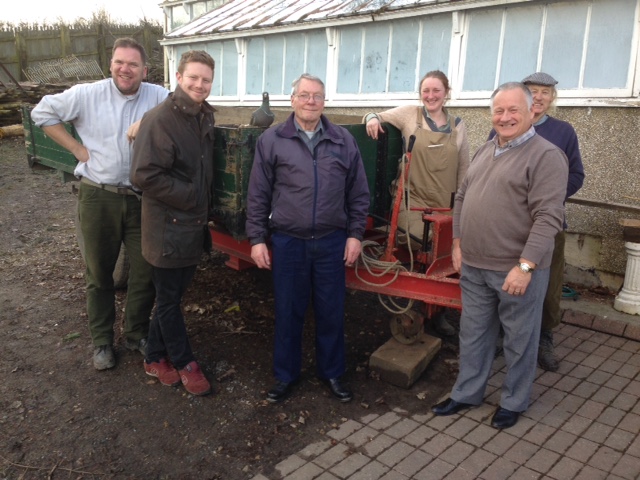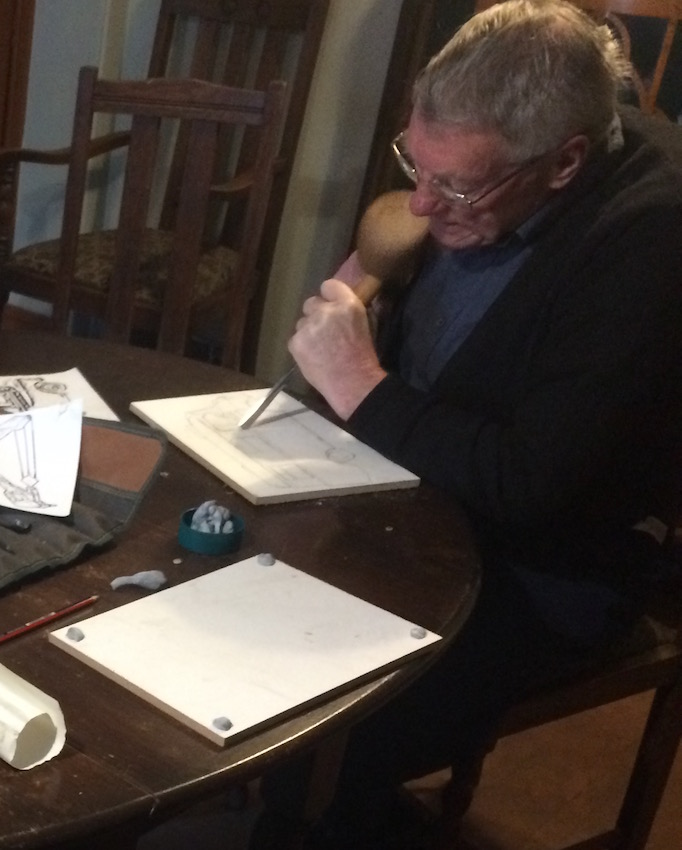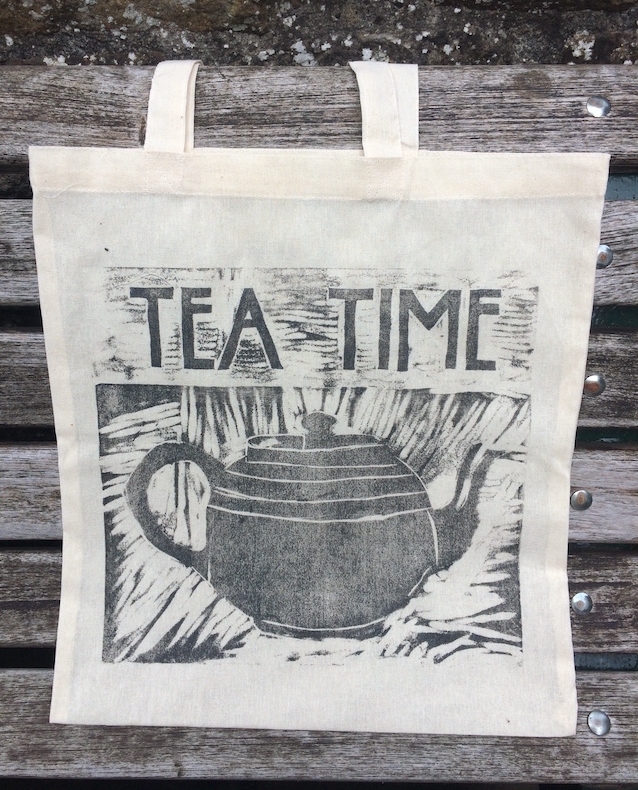Volunteering can have a hugely positive impact for people living with dementia. Michelle Kindleysides, Head of Health and Wellbeing at Beamish Museum, shares how volunteering and coming along to a men’s group at the museum has helped one gentleman in particular, and raised awareness of what it’s like to live with dementia. This is Brian’s story.
“Our men’s group started when an Occupational Therapist from our local NHS Adult Mental Health Team contacted me to say that she had a group of men, some of them living with dementia, some experiencing mental health issues, that didn’t really ‘fit’ into any of the groups that they had. What all the men needed was to be busy, to feel useful, to use their skills and to be with other men. She wondered if there was something we could trial here at Beamish, and that’s how the men’s group started.
“Brian started coming along to the group from the start. At home he was doing very little and spent a lot of time on his own watching TV. He’d recently been diagnosed with dementia and had had to stop working as a long-distance lorry driver. He started coming along to the men’s group and soon found himself the role of ‘chief fire setter’, ‘chief tea maker’ and ‘chief washer upper’. He was game to try his hand at anything!

“Brian used to get the bus on his own, so to begin with one of our team met him at the bus stop for the museum and we walked to the cottage, then over time we started meeting him halfway, then a bit further, until he was confident about finding his own way to the cottage every week. Routine was really important to him, and keeping a routine enabled him to do a lot more things independently.
“We could all see what a difference the group was making to Brian’s self-confidence and mental health, and it also gave his wife a bit of time to herself. Before long he started volunteering with the gardeners as well, spending two days a week gardening as well as a morning with the men’s group.
“Brian very quickly became part of the team. He said he hated gardening but he turned up every week for a long time so he must have enjoyed it a bit! Our team had a chat with the gardening team about the importance of routine for him, so they could make sure they had their tea break on time in the greenhouse and were all there when he arrived in the morning. Brian was really open about his dementia – he didn’t take offence if anyone asked him about it and he’d be honest if he’d forgotten something.
“Eventually Brian decided that he was getting ‘a bit old’ for all the work so he retired (again) and they had a retirement do for him in the greenhouse. He continued to have regular appointments with the OT and Mental Health Nurse, and although it’s difficult to prove, they both felt that his cognitive abilities remained at a steady level, not deteriorating as quickly as they had been before he started coming to the group, and he seemed much happier and more confident.
“Brian continued to come along to the men’s group until March 2020. His dementia was progressing a bit by then, but we kept to the same routine in the group, which meant he was still able to participate in everything. He really enjoyed doing wood carvings for printing on bags which are sold in the gift shop. Almost 500 bags have now been sold and Brian’s teapot design is one of our bestsellers!


“Sadly Brian passed away in February this year. His family said what a difference the men’s group had made to his life, and to theirs. He was the first person living with dementia to become a supported volunteer at the museum, and he has really helped to change people’s perceptions of dementia and what it’s like to live with the condition, both here at the museum, amongst his family and friends, and in the wider community.
“Since then another gentleman living with dementia has also became a volunteer working at Rowley Station. He’s another great advocate for how people can live well with dementia, after being diagnosed with early onset dementia in his sixties. He really likes that staff wear forget-me-not badges when they’ve become a Dementia Friend, as he knows that if he’s having a bad day or needs a bit of help, they’ll understand and they’re the people he looks out for.”
Beamish Museum is committed to making all of its staff and volunteers Dementia Friends, wearing knitted or crocheted versions of the forget-me-not badge to show their support for visitors affected by the condition. Find out more
